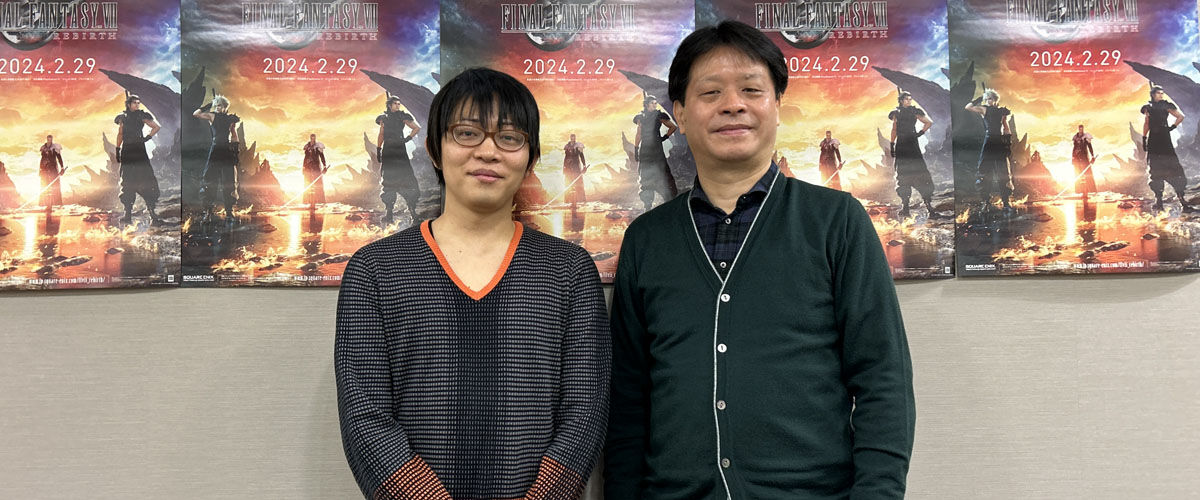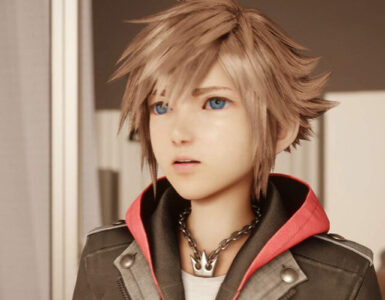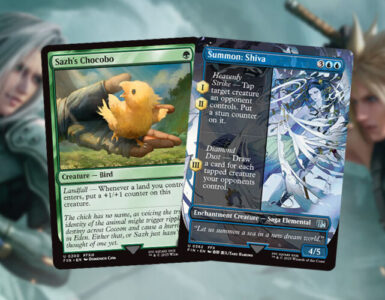The thematic motif of intertwining fates coursed through the veins of Final Fantasy VII back in 1997, and it will, like clockwork, return to the planned remake trilogy of Final Fantasy VII, which started with Final Fantasy VII Remake in 2020. It laid the groundwork for destiny to take shape, and its highly-anticipated sequel, Final Fantasy VII Rebirth is set to string everything together, including the seemingly trivial elements.
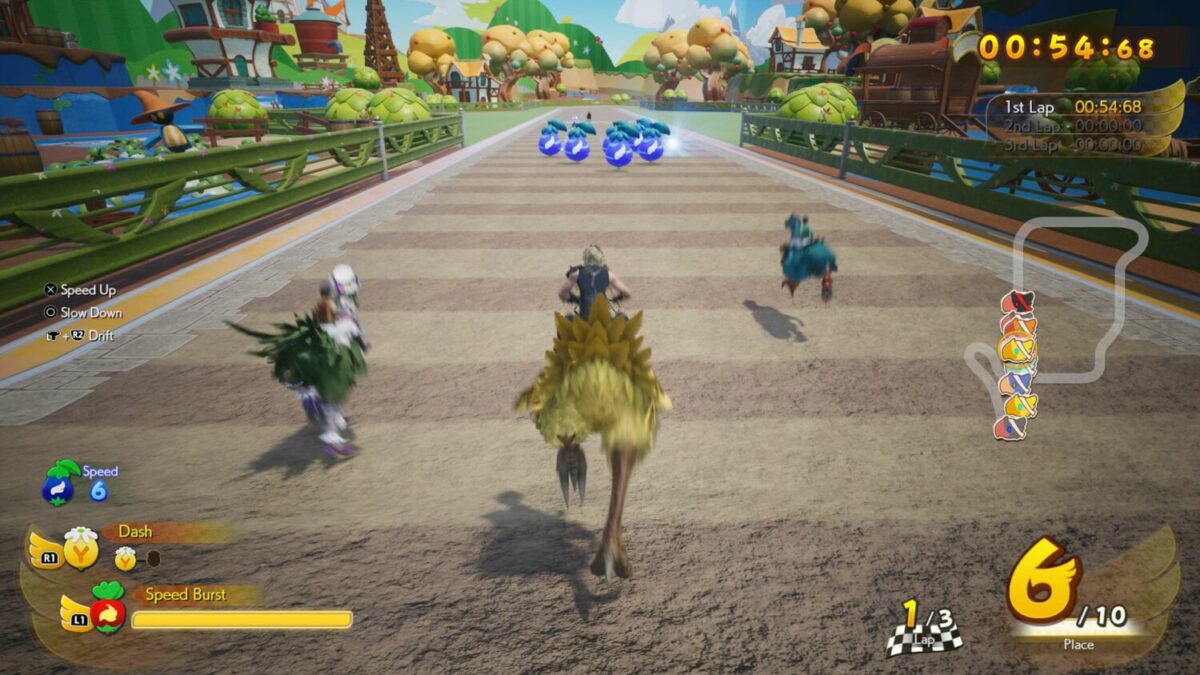
Mini-games are part of this equation, and it’s no surprise. In the original, this side content offered a welcome reprieve from the battlefield, and quickly charmed players with its lighthearted, wacky fun, breathing even more life into the fantasy world. Incidentally, the Gold Saucer is where the the crossroads of fate will merge, culminating into a major development on stage.
It’s poetic in a way, because the stage is built exactly for showcasing dramatic flair – an experience the popular Square Enix franchise is no stranger to. Citing the Opera House scene in FFVI as an example, game producer Yoshinori Kitase reveals in an interview held in Tokyo, Japan, “Looking at Final Fantasy as a series, that was another title in which the opera scene was memorable and positively received by players. In that way, we have a long history of stage-based action, or something unfolding on stage.”
“In Rebirth, [another Final Fantasy-like event] is linked a character’s fate in terms of storyline, and it’s synced up with their fate, which is another major theme,” the series veteran adds. “The theme song will be used for the Gold Saucer stage scene, and we were able to construct this three-way synchronisation between the theme song, the drama and the story. These three storylines are working together to present an unfolding on stage.”
‘Hollow’ is the official theme song of FFVII Remake, appearing as the ending track. In the forthcoming game, however, the team has taken cues from FFVI and FFX to include it within the course of the story, which Kitase says “deepens the scene and its storyline.” A trailer released in December last year teased a singing performance by Aerith (not ‘Hollow,’ but new theme song ‘No Promises to Keep’), and while details are naturally being kept under wraps, the emphasis on fate leaves behind a strong echo.
In a similar vein, the recently announced Queen’s Blood will feature an unifying theme as well. The card game bears similarities to The Witcher 3’s in-game card title Gwent, in which the player summons different creatures to each row and rack up points for that row, counting to the total score. Victory is, of course, claimed by the ones with a higher final score.
But that’s where the similarities end. Queen’s Blood adds its own spin to gameplay, such as restricting a monster’s board placement much like chess, and takes inspiration from the card games of FFVIII and FFXIV. For instance, placing two cards next to each other triggers a combined effect in Triple Triad, while putting them together creates a new effect in the latter’s Tetra Master. In FFVII Rebirth, players can expect a mix.
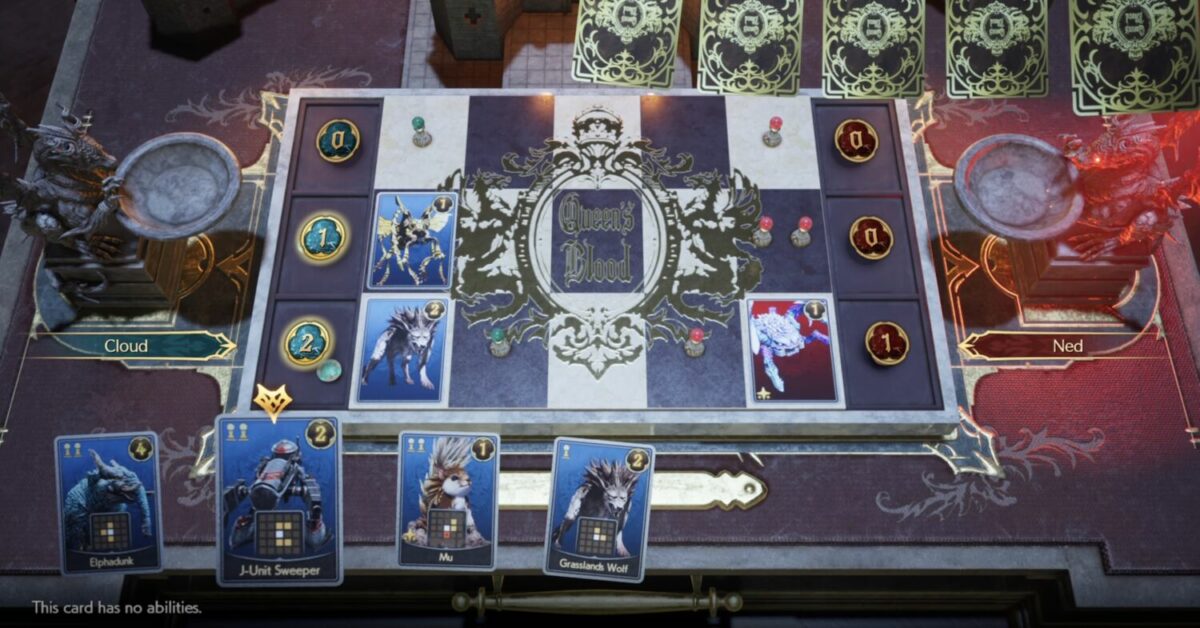
“In terms of the references we looked at, as in card games included within a video game series, we did look at Gwent,” shares game director Naoki Hamaguchi, who reveals that the team spent the whole first year of development discussing the rules.
“Then we started building on it, and thought, ‘What would a card game look like for it to be unique or fit into the Final Fantasy world, and what kind of rules should be present to make it favourable to fans of the series?’.”
“There’s a side story within FFVII Rebirth that’s centred around the card game. But not only that, it’s also connected to the main storyline, so it’s quite deep,” he continues, confirming in the same interview that characters from the FFVII spin-off titles will appear in the sequel (no specifics were given, however).
Interestingly enough, it’s the side quests that are more standalone in nature. Designed to reduce open-world fatigue and their bearing on the main story, each will have their own tale to tell. As Hamaguchi explains, some mini-games are unique to a specific side quest, while others have an individual story that can be traced throughout the game.
Working hand-in-hand with this narrative isolation to dispel monotony is the variety in gameplay, and to a certain extent, flexibility. Like its predecessor, FFVII Rebirth features World Intel quests, which are research tasks issued by Chadley, but there are now new experiences to look forward to. The first involves analysing Lifesprings to collect data for, well, Chadley, while the second sees players examining crystal pillars to weaken Titan, who longtime fans will recognise as a summon.
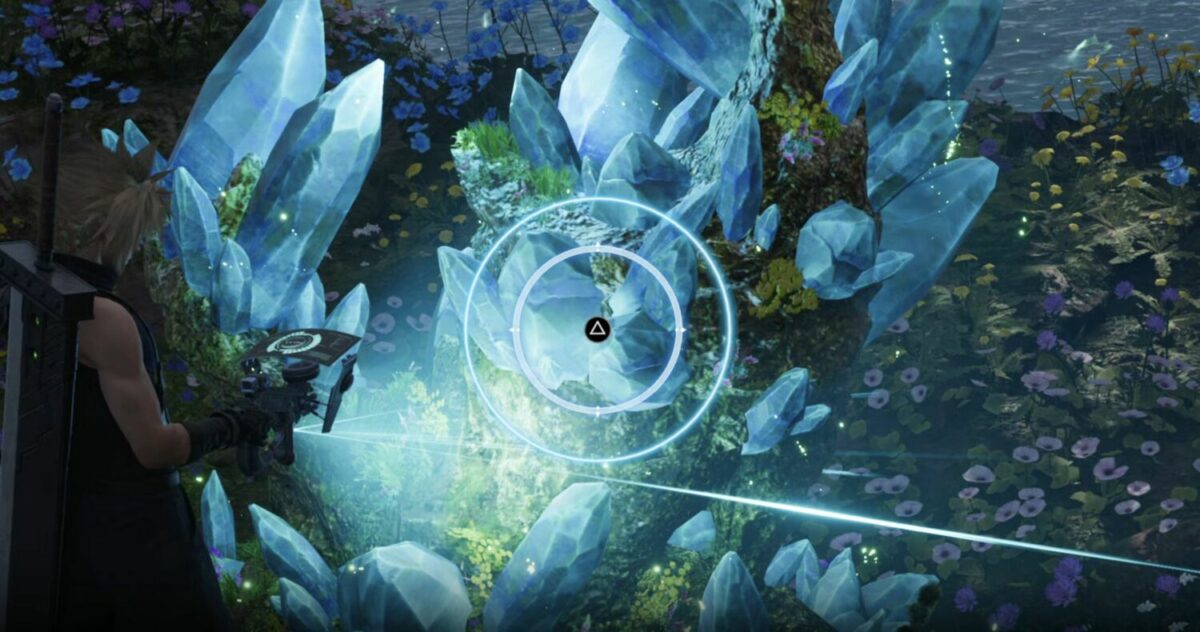
Both make use of a different mechanic and feel, with the former utilising a hold-and-release feature and the latter, a combination of memorisation and timing. Essentially, it requires players to remember the rough position of three keys along a circular path, and line them up correctly when the bar passes by the spot (head over to our preview for a more in-depth look). Then, there are the more complex Mercenary Quests, which tasks them to go to different locations or talk to various NPCs, culminating into a final storyline.
Hamaguchi shares, “I wanted each location to have a different play field, and for the player to experience a unique play according to the different areas. Since the game will be vast, there will be players with widely different play styles, so we took each player’s play style and preferences into account. This was something we wanted to emphasise in the game for a more fulfilling experience.”
As side content, all of these experiences are completely optional, so there’s no pressure on individuals to do or finish them. For those who want to, the variation proves helpful in keeping things fresh, while also giving them an out from the activities that don’t suit or interest them.
“Players can also find their own strategies to solve different quests, and [the quest structure] is wholly designed to keep players excited as they move to a new location and have that sense of ‘what kind of side quests will I find here that haven’t been experienced elsewhere?’” concludes the director.
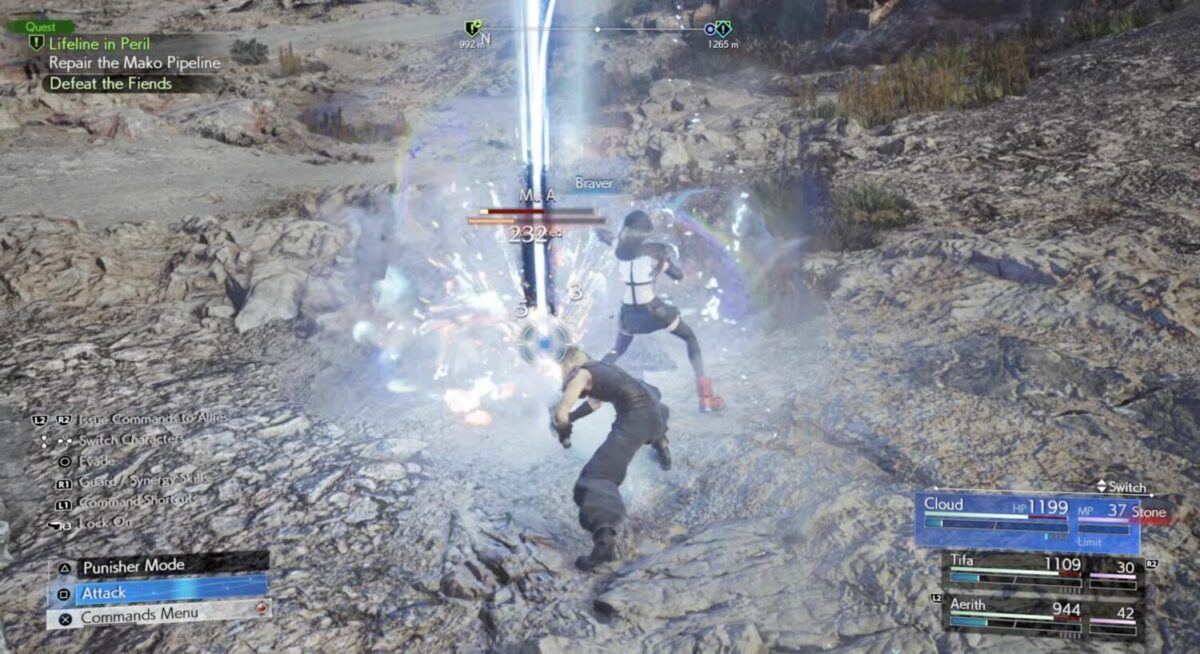
In any case, there will be plenty to check out in FFVII Rebirth. Apart from mini-games, including Queen’s Blood, and side activities, it promises more dynamic combat elements, both familiar and new faces, character interaction, and of course, story twists. The stage has been set, and it will soon be showtime.
Final Fantasy VII Rebirth launches 29 February on the PS5.

